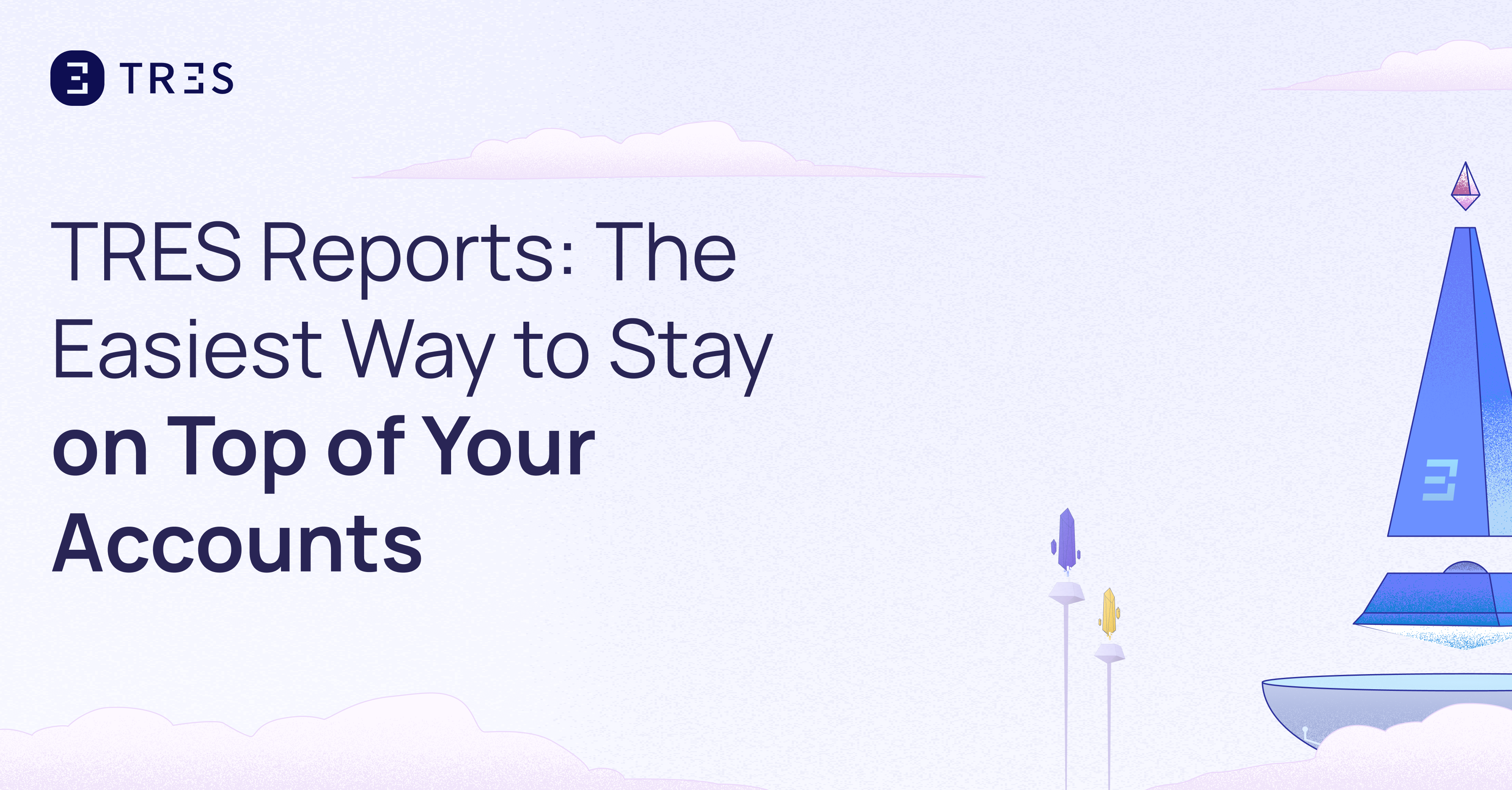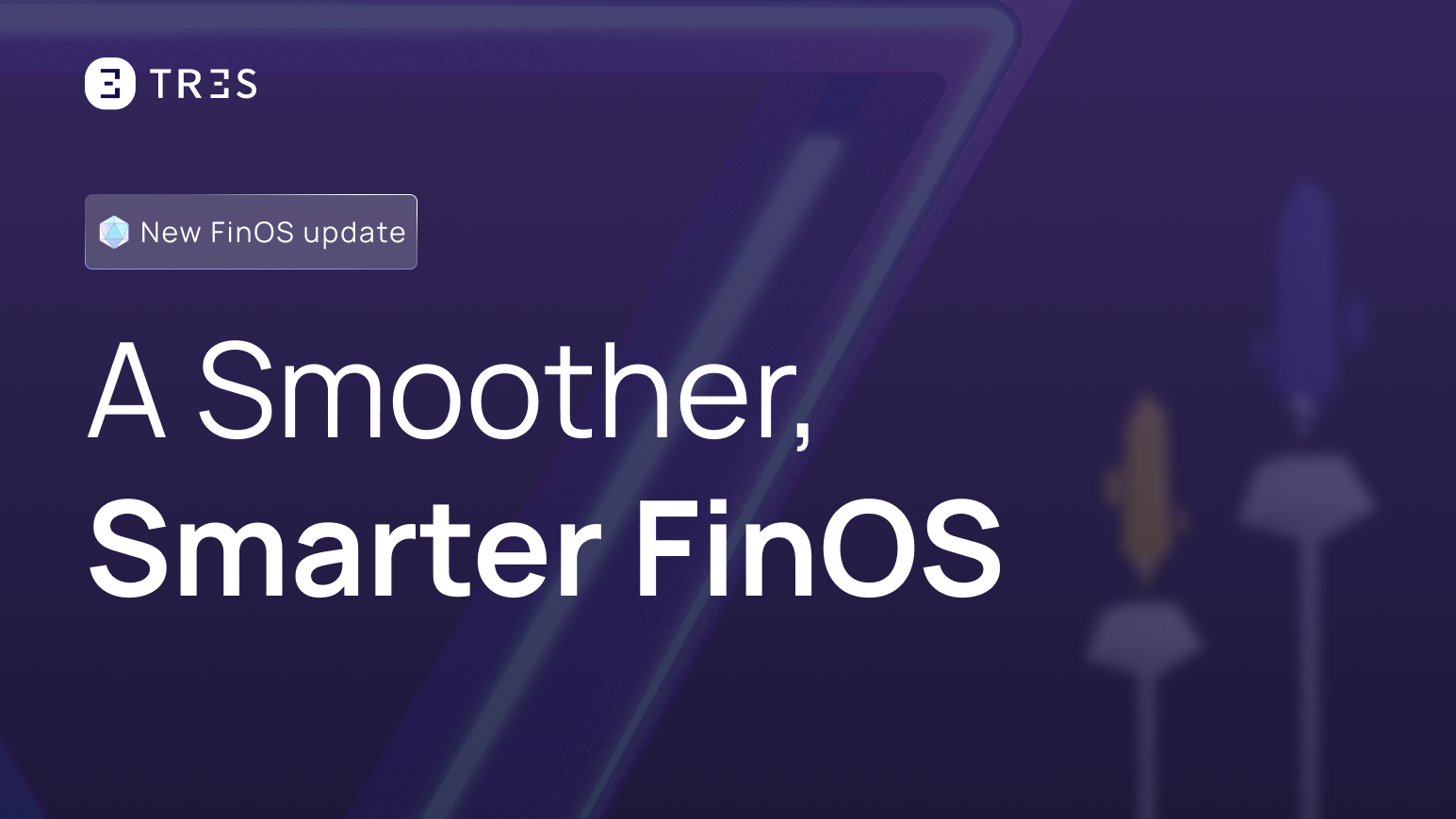[
{
“final_html”: “
TL;DR: Modern crypto audit platforms automate multi-chain reconciliation, leverage AI-powered analytics, and ensure security and compliance features, transforming how businesses maintain audit readiness amid regulatory challenges. Best practices such as continuous monitoring, regular reconciliation reviews, and staff training are essential for sustainable audit strategies. Choosing platforms with comprehensive integration and scalability, like TRES Finance, helps organizations future-proof against evolving crypto regulations and achieve accurate, efficient digital asset management.\n
- The Evolution of Crypto Audit Challenges
- How Modern Platforms Transform Audit Readiness
- Security and Compliance Features
- Platform Selection and Implementation Strategies
- Best Practices for Maintaining Audit Readiness
- Future-Proofing Your Audit Strategy
- Conclusion
\n
In today’s dynamic cryptocurrency landscape, businesses face an increasingly complex challenge: maintaining audit readiness while managing digital assets across multiple blockchains. For CFOs, finance managers, and compliance teams, the stakes are significant. A single audit failure can result in regulatory scrutiny, financial penalties, and damaged reputation. Let’s explore how modern crypto audit platforms are transforming this landscape, making it easier for businesses to stay compliant and audit-ready.\n
The Evolution of Crypto Audit Challenges
\n
Picture this: Your finance team is preparing for an upcoming audit, and they’re faced with reconciling thousands of transactions across dozens of blockchain networks. Traditional accounting tools weren’t built for this reality, and manual processes are both time-consuming and error-prone.\n
The challenges of crypto audits go beyond simple transaction tracking. Teams must now consider:\n
- Multi-chain complexity and data fragmentation. With digital assets spread across numerous blockchains, maintaining accurate, consolidated records becomes exponentially more difficult. Each chain has its own quirks and data structures, making standardization a significant hurdle.
- Real-time validation requirements. Unlike traditional financial audits, crypto transactions require continuous monitoring and validation against live blockchain data. This real-time element adds another layer of complexity to audit preparation.
- Regulatory compliance across jurisdictions. As different regions implement varying crypto regulations, businesses must ensure their audit trails meet multiple compliance standards simultaneously.
\n
How Modern Platforms Transform Audit Readiness
\n
The good news? Technology has evolved to meet these challenges head-on. According to research findings[1], modern platforms like TRES Finance can connect to over 200 blockchains and automate reconciliation by fetching, categorizing, and verifying transactions against actual blockchain records. This automation isn’t just about speed – it’s about accuracy and reliability.\n
Let’s break down the key ways these platforms are changing the game:\n
- Automated Multi-Chain Reconciliation. Modern platforms don’t just track transactions – they automatically reconcile them across hundreds of blockchains. This means your team spends less time on manual verification and more time on strategic analysis. For instance, TRES Finance’s continuous wallet-by-wallet reconciliation[2] ensures no transaction goes unverified.
- AI-Powered Analytics. Imagine having a financial analyst who never sleeps and can instantly answer complex questions about your crypto holdings. That’s now possible with AI-powered features that allow users to query financial data in plain English, providing instant, accurate financial insights[3].
- Automated Accounting Processes. The days of manual cost basis calculations and impairment testing are over. Modern platforms automate these complex accounting processes while supporting various accounting methods (FIFO, LIFO, Spec ID)[4], ensuring compliance with both IFRS and GAAP standards.
\n
Security and Compliance Features
\n
When it comes to audit platforms, security and compliance certifications aren’t just nice-to-have features – they’re essential. Here’s what to look for:\n
First, consider third-party certifications. For example, TRES Finance holds SOC1, SOC2, and PCAOB compliance certifications[1], providing assurance that their data aggregation and reporting meet rigorous industry standards. These certifications are crucial for businesses that need to demonstrate robust audit controls to regulators and stakeholders.\n
Beyond certifications, modern platforms offer:\n
- Immutable Audit Trails. Every transaction, adjustment, and verification is recorded in a way that can’t be altered, creating a trustworthy history for auditors to review.
- Proactive Anomaly Detection. Instead of waiting for auditors to find issues, these platforms flag potential problems in real-time. Crypto compliance experts emphasize that this proactive approach, combined with AI-driven insights, is crucial for maintaining data integrity[3].
- Automated Compliance Reporting. Platforms can generate audit-ready reports that meet various regulatory requirements, saving countless hours during audit preparation.
\n
Case studies have shown that enterprises using these features achieve enhanced transparency and accuracy in their digital asset management[5]. This improved visibility translates directly into better audit outcomes and reduced compliance risks.\n
Platform Selection and Implementation Strategies
\n
When choosing a crypto audit platform, it’s crucial to look beyond flashy features and focus on capabilities that truly matter for your organization’s audit readiness. Let’s explore how to evaluate and implement these solutions effectively.\n
First, consider the platform’s integration capabilities. While some competitors like Zerion and Gilded focus primarily on portfolio tracking and payments[1], enterprise-grade solutions should offer comprehensive integration with your existing systems. For instance, TRES Finance provides native ERP integrations with QuickBooks, NetSuite, and Xero[2], ensuring seamless data flow between your crypto operations and traditional financial systems.\n
Here are key factors to evaluate when selecting a platform:\n
- Blockchain Coverage and Scalability. Look beyond current needs. While some platforms support just 15-50 blockchains, leading solutions like TRES Finance connect to over 220 chains[2]. This broader coverage ensures your platform can grow with your operations and adapt to new blockchain innovations.
- Automation Capabilities. Consider how much manual work the platform eliminates. The best solutions automate complex processes like cost basis calculations and impairment testing while supporting various accounting methods[4]. This automation not only saves time but also reduces the risk of human error during audit preparations.
- Real-time Monitoring and Analytics. Your platform should provide immediate insights into your crypto operations. Look for features like AI-powered analytics that allow your team to query financial data in natural language[3], making it easier to spot potential issues before they become audit problems.
\n
Best Practices for Maintaining Audit Readiness
\n
Staying audit-ready isn’t just about having the right platform – it’s about establishing robust processes and practices. Here’s what successful organizations are doing:\n
Start with continuous monitoring. Rather than scrambling before an audit, implement systems that maintain readiness year-round. This approach aligns with modern platforms that offer continuous wallet-by-wallet reconciliation and proactive anomaly detection[2].\n
Consider these essential practices:\n
- Regular Reconciliation Reviews. Even with automated systems, schedule regular reviews of reconciliation reports. This human oversight helps catch any unusual patterns that might need investigation.
- Documentation Standards. Establish clear protocols for documenting crypto transactions and their business purposes. Remember, during an audit, being able to explain why transactions occurred is just as important as showing they were properly recorded.
- Staff Training and Updates. Ensure your team stays current with platform features and regulatory requirements. Regular training sessions can help maximize the value of your audit platform investment.
\n
Future-Proofing Your Audit Strategy
\n
The crypto regulatory landscape continues to evolve, making it essential to think ahead. According to crypto compliance experts[3], platforms with automated workflows, AI-driven insights, and SOC-compliant certifications are becoming increasingly important for maintaining audit compliance.\n
Here’s how to ensure your audit strategy remains effective:\n
- Regular Platform Assessment. Periodically evaluate whether your platform still meets your needs. Case studies show that enterprises using comprehensive platforms achieve better real-time asset monitoring and regulatory reporting outcomes[5].
- Compliance Monitoring. Stay informed about regulatory changes and ensure your platform provider regularly updates their compliance features. For instance, platforms with certifications like SOC1 and SOC2[1] typically maintain current compliance standards.
- Data Quality Management. Implement regular data quality checks. Modern platforms can help by automatically flagging anomalies and minimizing errors in transaction records[1].
\n
Conclusion
\n
Staying ahead of crypto audits doesn’t have to be a constant challenge. By leveraging modern audit platforms and following best practices, businesses can maintain continuous audit readiness while minimizing resource drain.\n
Key takeaways for implementing an effective crypto audit strategy:\n
- Choose a platform with comprehensive blockchain coverage and robust automation capabilities
- Implement continuous monitoring and regular reconciliation reviews
- Maintain strong documentation standards and invest in staff training
- Regularly assess and update your audit strategy to address evolving regulatory requirements
\n
Remember, the goal isn’t just to pass audits – it’s to build a sustainable foundation for managing digital assets with confidence and compliance. With the right platform and processes in place, your organization can transform audit preparation from a stressful scramble into a streamlined, routine operation.\n
By taking a proactive approach to audit readiness and leveraging comprehensive platforms like TRES Finance, businesses can not only meet current audit requirements but also prepare for future regulatory challenges. The key is to start implementing these solutions and best practices today, ensuring your organization stays ahead of the curve in the dynamic world of crypto compliance.\n
References
\n
- [1] https://tres.finance/top-5-software-for-crypto-audits/
- [2] https://tres.finance/why-tres-finance-is-the-best-enterprise-platform-for-crypto-and-digital-asset-accounting/
- [3] https://milkroad.com/reviews/tres-finance/
- [4] https://solanacompass.com/projects/tres-finance
- [5] https://getblock.io/marketplace/projects/tres-finance/
“
}
]
Interested in TRES?



